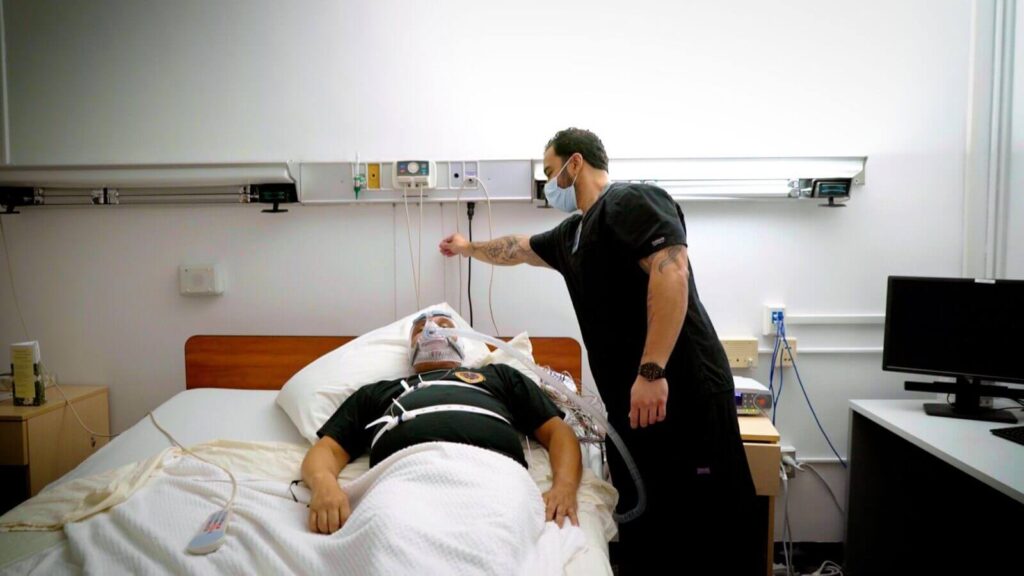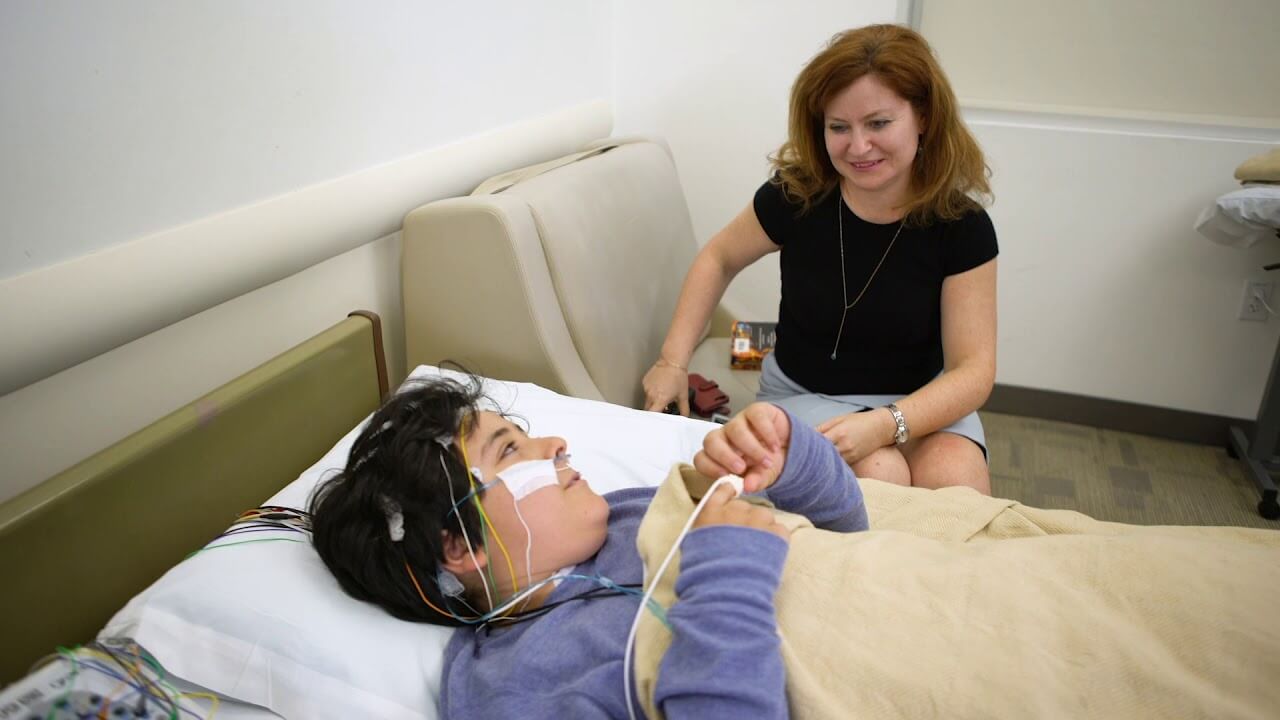Getting adequate sleep is vital for overall health, but when sleep disorders disrupt your rest, a professional sleep study can help diagnose the issue. However, one common concern for patients is understanding the sleep test cost and how to manage expenses. This guide explores everything you need to know about sleep test pricing, factors influencing the cost, and strategies to reduce financial burdens.
What Is a Sleep Study?
A sleep study, or polysomnography, is a non-invasive medical test conducted to diagnose sleep disorders such as sleep apnea, insomnia, restless leg syndrome, and narcolepsy. It involves monitoring various body functions during sleep, such as brain activity, heart rate, breathing patterns, and muscle movements.
Factors Influencing Sleep Test Costs
The sleep test cost can vary widely depending on several factors. Understanding these variables will help you anticipate expenses and make informed decisions:
1. Type of Sleep Test
- In-Lab Sleep Study: Conducted in a controlled environment, this option is typically more expensive due to facility fees and professional monitoring.
- At-Home Sleep Test: A convenient and often more affordable option, home tests use portable equipment to monitor basic sleep patterns.
2. Location and Facility
Costs vary depending on the geographic location and type of facility conducting the study. Private clinics may charge more than hospital-based sleep centers.
3. Insurance Coverage
Insurance plays a significant role in determining out-of-pocket costs. Policies vary, so it’s crucial to confirm what your plan covers and whether prior authorization is required.
4. Diagnostic Complexity
If your condition requires extensive testing or follow-ups, it may increase the overall cost.
5. Additional Fees
Costs can also include initial consultations, equipment rental for at-home tests, and professional analysis of the results.
Average Costs of Sleep Tests
Understanding typical price ranges can help you prepare for the financial aspect of a sleep study:
- In-Lab Sleep Study: $1,000–$3,000
- At-Home Sleep Test: $150–$600
- Follow-Up Visits and Consultations: $100–$500
Keep in mind that these are estimates, and the actual sleep test cost can vary depending on the factors mentioned above. Learn more about what to expect in a Level 3 sleep study?

Does Insurance Cover Sleep Tests?
Most insurance plans, including Medicare, cover sleep tests if they are deemed medically necessary. To maximize your benefits, follow these steps:
- Consult Your Provider: Verify your insurance coverage and ensure the test is pre-approved if required.
- Choose In-Network Facilities: This can significantly reduce out-of-pocket expenses.
- Understand Your Deductible and Co-Pay: These costs may still apply even with insurance coverage.
How to Save on Sleep Test Costs
Managing the sleep test cost effectively can make the process less daunting. Here are some practical tips to minimize expenses:
1. Explore At-Home Sleep Tests
For simpler cases, at-home sleep tests are a cost-effective alternative to in-lab studies. They are less expensive while still providing valuable insights into basic sleep issues.
2. Use Flexible Spending Accounts (FSAs) or Health Savings Accounts (HSAs)
If you have an FSA or HSA, you can use these funds to pay for your sleep study, reducing the financial burden.
3. Request Payment Plans
Many sleep centers offer payment plans to spread the cost over time. Discuss this option with your provider.
4. Compare Costs
Shop around and compare prices between facilities in your area. Don’t hesitate to ask for itemized estimates.
5. Seek Assistance Programs
Some organizations provide financial aid for medical tests, including sleep studies, for eligible patients.
Why a Sleep Study Is Worth the Investment
While the sleep test cost may seem high, the long-term benefits outweigh the expense. Untreated sleep disorders can lead to severe health problems, including:
- Heart disease
- Diabetes
- Stroke
- Cognitive impairment
- Chronic fatigue
Investing in a sleep study can improve your quality of life and potentially lower future healthcare costs by addressing the root cause of sleep disturbances.

Preparing for a Sleep Study
To make the most of your sleep study, proper preparation is essential. Follow these tips to ensure accurate results:
1. Discuss Medications
Inform your doctor about any medications or supplements you’re taking, as they may affect the study.
2. Avoid Stimulants
Refrain from consuming caffeine or alcohol at least 24 hours before the test.
3. Pack Essentials
If undergoing an in-lab study, bring comfortable clothing, toiletries, and any items that help you relax.
4. Follow Instructions
Adhere to any pre-test guidelines provided by your healthcare provider.
What Happens During a Sleep Test?
Understanding the process can alleviate anxiety and help you feel more prepared:
In-Lab Sleep Study
- You’ll be monitored overnight in a comfortable setting.
- Electrodes will be attached to measure brain waves, muscle activity, and other vital signs.
At-Home Sleep Test
- You’ll receive portable equipment to use in the comfort of your own home.
- Instructions will guide you in setting up the device correctly.
Analyzing the Results
After your sleep study, a specialist will interpret the data to provide a diagnosis and treatment plan. Results typically include information about:
- Breathing patterns
- Oxygen levels
- Sleep stages
- Possible disruptions
Final Thoughts
Understanding the sleep test cost and the factors that influence it is crucial for anyone considering a sleep study. While costs can vary, there are numerous ways to manage expenses, from leveraging insurance to exploring at-home tests.
By addressing sleep issues early, you’re investing in better health, increased productivity, and an improved quality of life. If you’re experiencing persistent sleep problems, don’t let concerns about costs deter you from seeking the help you need.
With the right preparation and financial planning, a sleep study can provide invaluable insights that help you achieve restful, restorative sleep. Take the first step today and prioritize your well-being.

